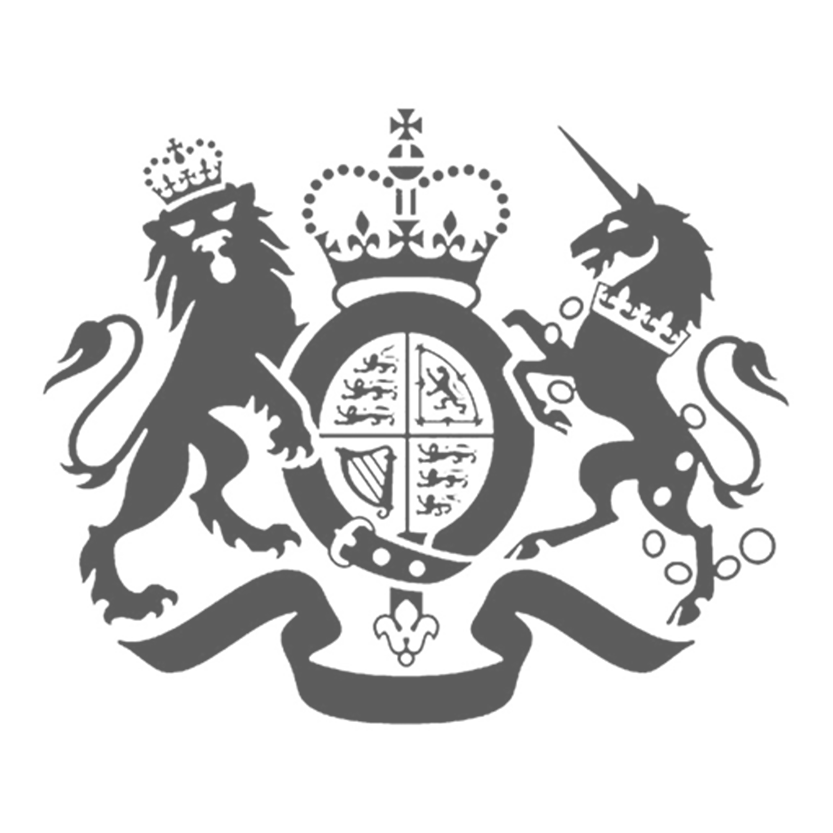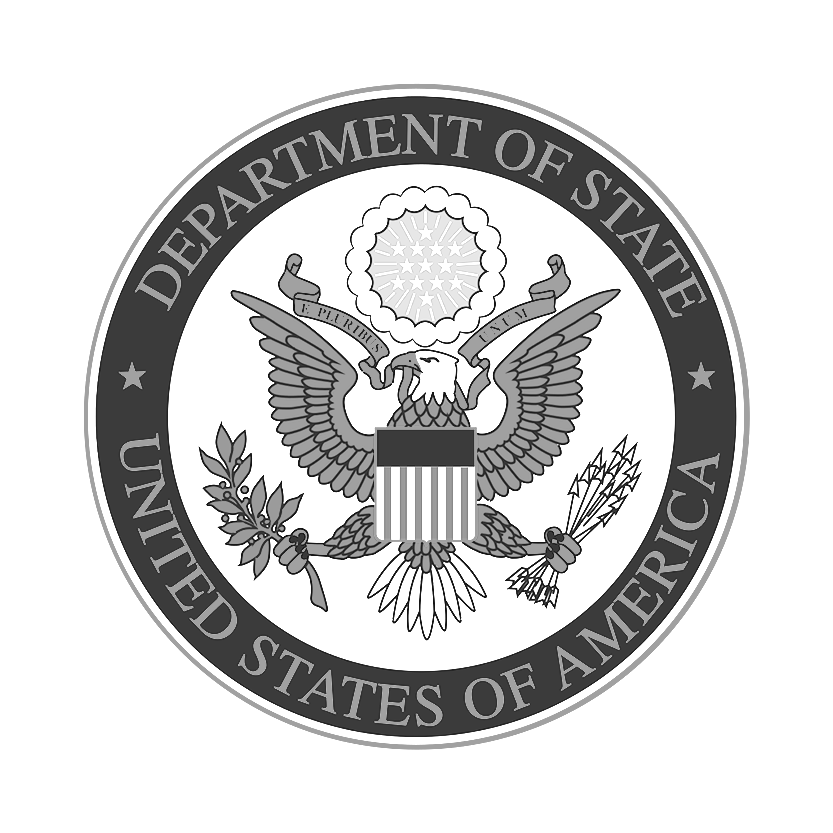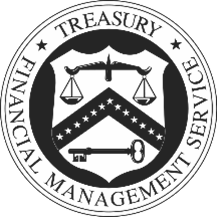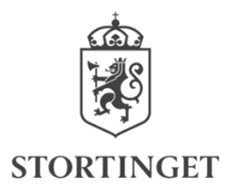In order to help end slavery, companies are expected to conduct ongoing due diligence, consistent with the UN Guiding Principles on Business & Human Rights. Failure to act creates ethical, operational, reputational and legal risk for companies.

Requires companies to report annually on the steps taken to prevent and mitigate slavery in operations and supply chains.

Government suppliers must conduct due diligence to prevent forced labour and unethical labour recruitment practices. Penalties for non-compliance include termination of contracts or fines.

Requires subject companies to implement and report on human rights due diligence. Non-compliance can result in fines or civil liability action.
Subject companies are required to report annually on the slavery due diligence they have undertaken on their operations and supply chains.

Prohibits the import of goods made, mined or farmed -or containing materials made, mined, or farmed- by forced labourers. Suspect imports may be destroyed and non-compliant companies fined.

Requires US Customs to treat all goods made, mined, or farmed -or containing materials made, mined or farmed- in the Xinjiang region of China as the product of forced labour. Suspect imports may be destroyed and non-compliant companies fined.

8,800 companies doing business in Norway are required to perform, and report on, human rights due diligence of their supply chains. Non-compliant companies can be fined.

Subject companies are required to conduct human rights and environmental due diligence of their supply chains. Non-compliant companies can be fined 2% of revenue.